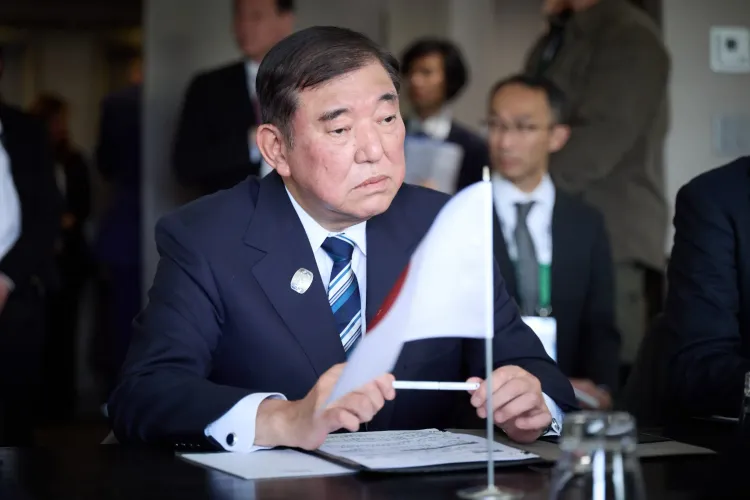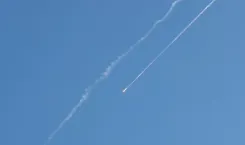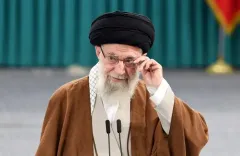Why Did Japanese PM Ishiba Cancel His NATO Summit Visit?

Synopsis
Key Takeaways
- Shigeru Ishiba's NATO Summit visit has been cancelled.
- Foreign Affairs Minister Takeshi Iwaya will represent Japan.
- The summit aims to enhance cooperation among NATO allies.
- Japan's role in international discussions remains significant.
- Security issues in the Euro-Atlantic and Indo-Pacific regions are intertwined.
Tokyo, June 23 (NationPress) Shigeru Ishiba, the Prime Minister of Japan, has officially cancelled his planned visit to the Netherlands for the NATO Summit scheduled from June 24-26, as announced by the nation's Foreign Ministry on Monday.
The statement from the Japanese Foreign Ministry indicated that the Prime Minister's participation in the NATO Summit in The Hague has been called off due to various circumstances.
Instead, Japan's Foreign Affairs Minister Takeshi Iwaya will represent the country at the NATO Summit events and engage in bilateral discussions with several nations, including the G7, to deliberate on pressing international matters.
Previously, Tokyo had confirmed that Ishiba would attend the summit, marking the fourth consecutive year that a Japanese Prime Minister would be present at NATO, following Japan's inaugural invitation in 2022.
The Japanese Foreign Ministry stated, “Considering the current challenging security landscape, Japan aims to discuss practical cooperation modalities between NATO and Indo-Pacific partners, acknowledging the interlinked security of the Euro-Atlantic and Indo-Pacific regions.”
NATO allies are set to make decisions aimed at strengthening the 32-member alliance, ensuring it is more equitable and “lethal.”
As stated by NATO, “We are living in a more perilous world, making this a pivotal moment for our security. Allies are uniting to enhance their cooperation and commitment to NATO.”
During the summit, NATO leaders will tackle a broad range of issues, concentrating on deterrence and defense to ensure the alliance possesses the necessary resources and capabilities to counter any threats.
At the recent Paris Air Show, NATO Deputy Secretary General Radmila Shekerinska met with key industry leaders, previewing the summit's priorities in The Hague, where Allies are anticipated to endorse a new defense investment strategy that raises spending commitments to unprecedented levels, reflecting the challenging security climate and aligning with the Capability Targets established by NATO Defense Ministers on June 5, 2025.









